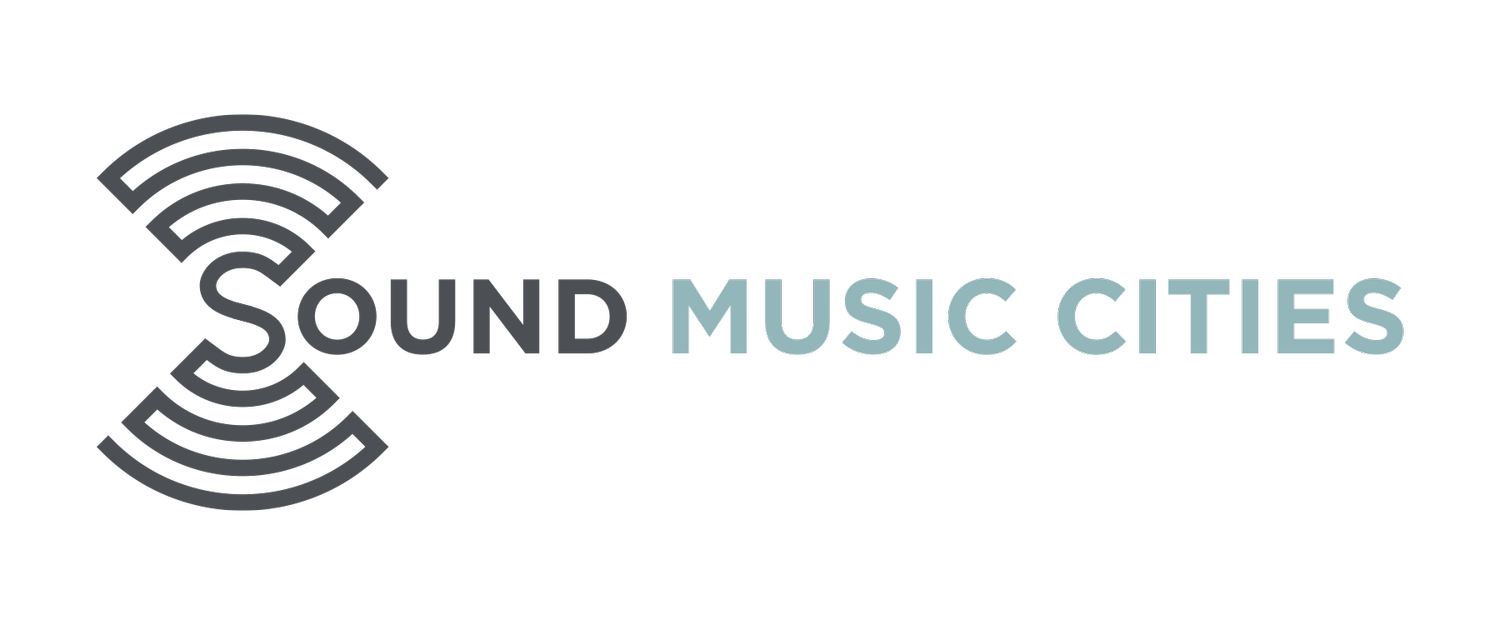Why Paying Six Figures for a Music Ecosystem Assessment May Be Too Much
As cities around the world strive to support vibrant music ecosystems and foster cultural growth, it's crucial to make informed decisions regarding resource allocation. One area where cities often invest considerable funds is in music ecosystem assessments. However, it's essential to question whether paying six figures for such assessments is a prudent use of resources.
At Sound Music Cities, we firmly believe in providing cost-effective solutions that deliver actionable insights. That's why we offer the Music Census™, a more affordable, efficient, and viable option in place of costly assessments. Let's explore why paying excessive amounts for music ecosystem assessments might not be the wisest choice.
The Power of Focus: Excessively large budgets often lead to unnecessary or over-engineered research beyond what is truly relevant. By focusing on the essential elements and key indicators, cities can gather targeted data and obtain accurate insights without breaking the bank.
Local Expertise Matters: Music scenes are deeply rooted in the local fabric, and it's crucial to involve local stakeholders and experts in the assessment process. Collaborating with individuals who intimately understand the city's unique musical landscape can provide valuable perspectives that top-down or outside-looking-in approaches may overlook. Engaging and investing in an approach that marries local expertise with sector expertise can yield comprehensive and authentic results.
Inclusivity and Accessibility: We firmly believe that every city, regardless of its size or financial capabilities, should have access to the tools and insights required for nurturing its music community. Our affordable pricing model ensures that even small to mid-sized cities (population 100k+) with limited budgets that want to be music-friendly can undertake a comprehensive assessment and embark on a journey of growth and transformation.
Transparency and Community Ownership: Rather than keeping the findings within a small leadership group, our Music Census™ enables cities to free the data for the entire community to access, understand, embrace, and act upon. We work with each city to host a publicly accessible online landing page to share the Data Deck, Summary Report, and Diversity, Equity, and Inclusion Deep Dive Report allowing city officials, stakeholders, and music industry professionals to explore and communicate the results effectively, facilitating collaboration and informed decision-making.
Holistic Data Visualization: The Music Census™ goes beyond raw data by providing intuitive and visually compelling data visualizations. We understand that complex data can be overwhelming, and that's why we present the findings in a way that is easy to understand and interpret.
Affordable Doesn't Mean Compromised Quality: Opting for a cost-effective solution like the Music Census™ doesn't compromise the quality or value of the assessment. Our data-driven, community-led approach taps into our expertise but recognizes that an outside consultant can’t know or engage the community as well as the people and organizations who are part of the community. Our approach combines community-led engagement with modern methodologies and technology to effectively gather robust data and generate meaningful recommendations. By streamlining the process to focus on key indicators and topics important to each community, we provide cities with an affordable option without sacrificing accuracy or actionable insights.
Benchmarking and Peer-Peer Learning: With a more affordable price point that focuses on key indicators, more cities are able to measure their ecosystems and join in a larger data set enabling cities to benchmark, compare, and learn from and with each other. This comparative analysis is only possible through the replicable approach of the Music Census™, whereas a one-off overly complex music ecosystem assessment may not offer perspective on how each city’s music ecosystem is unique or similar to others.
Resource Allocation: Cities face numerous demands and competing priorities. By investing large sums in music ecosystem assessments, valuable resources are diverted from other essential initiatives, including the necessary actions that result from conducting the study. With the Music Census™, a city can measure and assess its ecosystem and still have budget left to implement recommendations and actions stemming from the census. Sensible financial decisions ensure a well-rounded approach to nurturing music scenes while allocating resources strategically to address various aspects of cultural development.
We are committed to supporting cities in their quest to cultivate thriving music ecosystems. Our Music Census™ offers a cost-effective alternative, empowering decision-makers with the knowledge needed to drive targeted interventions and foster sustainable growth. By reconsidering the notion that higher costs equate to superior outcomes, cities can embrace affordable options like the Music Census and allocate their resources more efficiently. Together, we can uncover the true value of music ecosystem assessments without overspending.

